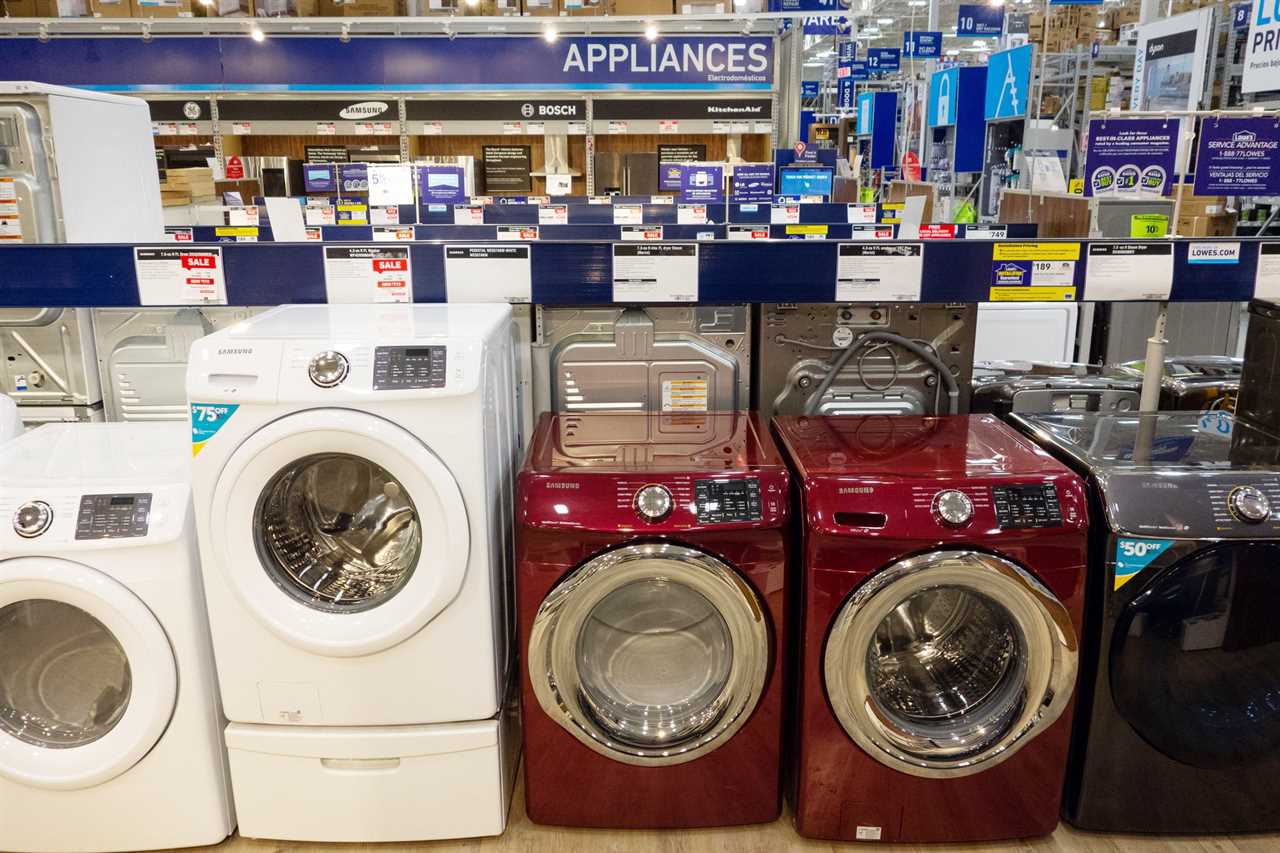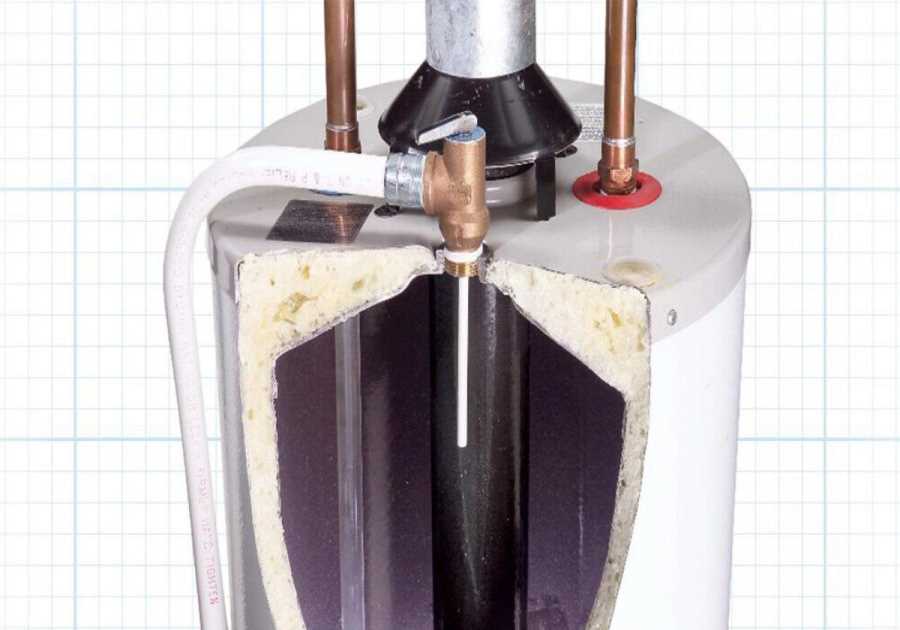Due to the potential health and climate issues associated with natural gas, some U.S. cities are banning gas-powered appliances in new construction projects or phasing them out with incentive programs. At the same time, electric dryers are becoming more popular.
Electric dryers produce heat in a different way. Instead of a gas jet, electric dryers employ a heating element and blower to generate and dispense the hot air to dry your clothes.
How To Tell if a Dryer Is Electric or Gas
The easiest way is checking for a gas hookup in the back. Gas dryers will have a gas hookup and an electrical plug, while electric dryers only have the plug.
According to Ron Shimek, president of Mr. Appliance, a Neighborly company, the electrical plugs themselves will also be different. “A gas dryer has a normal electrical plug you would see on any other appliance,” he says, “whereas an electric dryer has a larger heavy-duty plug that cannot be plugged into a 110V outlet.”
Does an Electric Dryer Need To Be Vented?
Yes, since dryers generate warm, moist air as the clothes inside them dry. Shimek says without venting, that moisture would accumulate in your laundry room and could lead to mold. While ventless dryers are an option, it takes considerably longer for them to dry clothes, and they generate water that must be drained.
Can You Run an Electric Dryer on a Regular Outlet?
No, due to their increased electrical supply requirements. An electric dryer requires its own 240V circuit. If you plug an electric dryer into a regular outlet, it won’t work. And if it doesn’t automatically trip the breaker, it could start an electrical fire.
Is an Electric Dryer More Efficient Than a Gas Dryer?
No. Shimek says since electric dryers take longer to come up to operating temperature and don’t get as hot as gas dryers, they must run longer to dry the same amount of clothing.
What To Consider When Buying an Electric Dryer
Just like any large appliance, make sure you’re buying the best model for your needs. Consider these features when comparing different makes and models.
Power source
Consider whether you already have a 240V outlet in your laundry room. If you don’t and prefer to avoid the additional cost and hassle of having one installed, it may be more convenient to go with a gas dryer.
Size

Shimek also recommends you consider the size of the machine itself. Make sure you know how large a dryer you can fit in your laundry room. And you’ll need at least four feet of room in front of the dryer for easy loading and unloading of your laundry.
Capacity
Shimek recommends you consider “how many people live in your home and how many loads of laundry you need to dry at a time.”
Base your dryer capacity on your washer size. In general, your dryer should provide twice as much room as your washing machine. So if you have a 3.5 cubic foot washer, choose a dryer with a least seven cubic feet of capacity.
Vented/ventless
While most electric dryers are vented, ventless options exist for those unable to install the necessary ductwork necessary, like renters or those with structural limitations.
Instead of expelling the hot, moist air outside, ventless dryers recirculate that air through the drum of the machine. This generates condensation than needs to be drained. Ventless dryers also take longer to dry your laundry than vented types.
Settings
Think about specific drying features you plan on utilizing. Settings like “refresh” for quickly fluffing up clean items, or “sanitation” cycles that eliminate germs and bacteria with extra-hot air, are a few options that could be useful.






